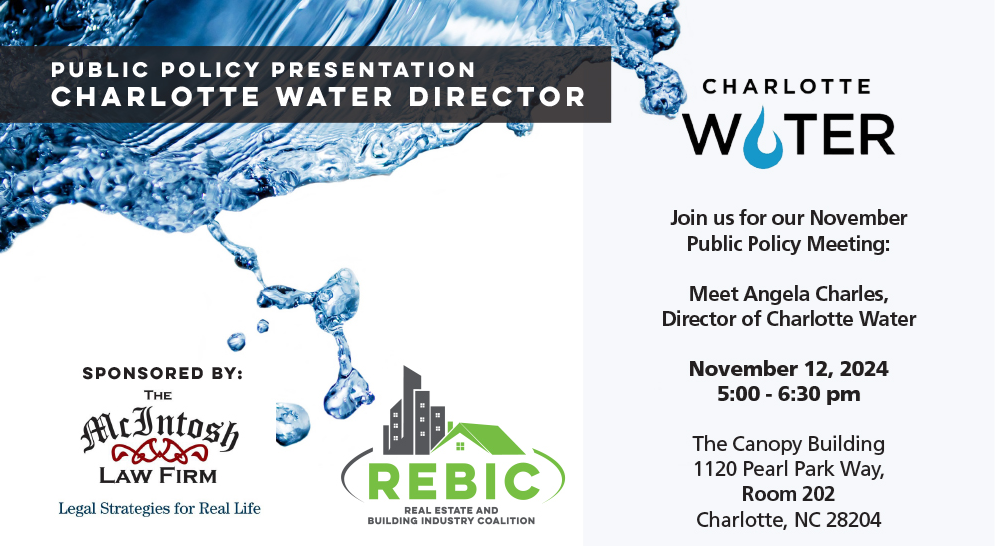IRS announces tax relief for victims of Hurricane Helene in North Carolina; various deadlines postponed to May 1, 2025
Originally published on October 1, 2024, by the IRS.
The Internal Revenue Service announced today tax relief for individuals and businesses in the entire state of North Carolina that were affected by Hurricane Helene which began on Sept. 25, 2024. These taxpayers now have until May 1, 2025, to file various federal individual and business tax returns and make tax payments.
Following the disaster declaration issued by the Federal Emergency Management Agency (FEMA), individuals and households that reside or have a business in the entire state qualify for tax relief.
Affected taxpayers with returns and payments with due dates postponed until Feb. 3, 2025, due to Tropical Storm Debby in North Carolina (NC-2024-07) will also now have until May 1, 2025, to file and/or pay.













